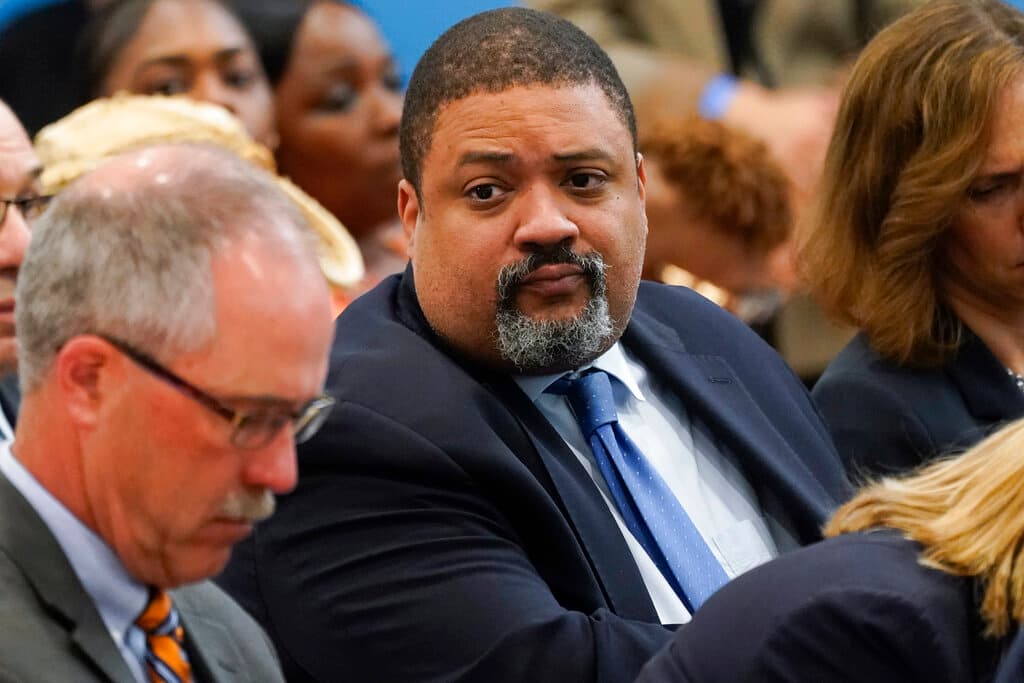For Trump, the Silence of Federal Prosecutors Could Be Golden
Constitutional doctrine ordains that when state and federal law clashes, the latter prevails. That might — just might — benefit President Trump.

The indictment of President Trump on 34 counts handed up by the district attorney of New York County, Alvin Bragg, brings into focus the decisions by both his predecessor, Cyrus Vance Jr., and federal prosecutors not to pursue charges against the former president.
Please check your email.
A verification code has been sent to
Didn't get a code? Click to resend.
To continue reading, please select:
Enter your email to read for FREE
Get 1 FREE article
Join the Sun for a PENNY A DAY
$0.01/day for 60 days
Cancel anytime
100% ad free experience
Unlimited article and commenting access
Full annual dues ($120) billed after 60 days

